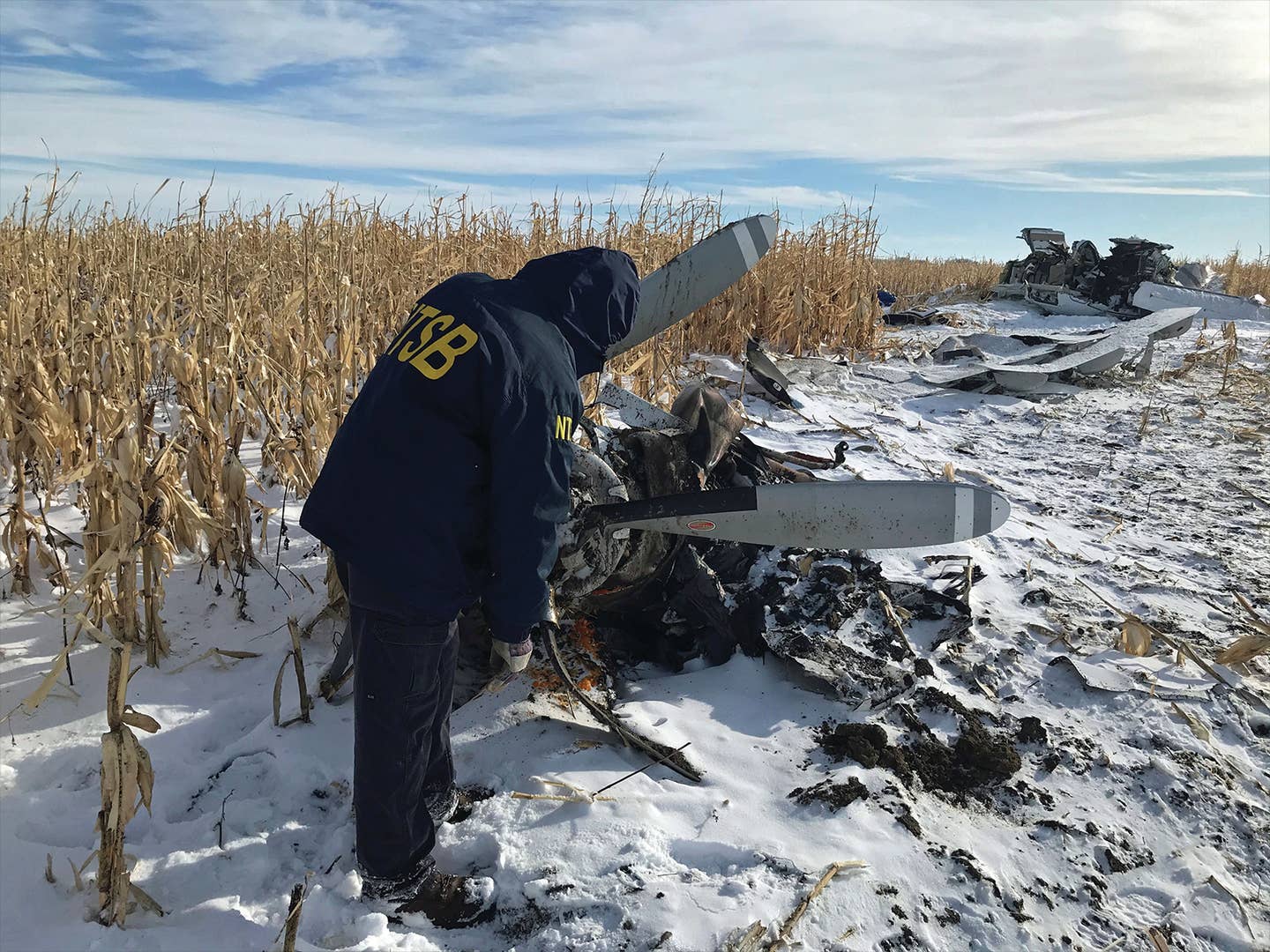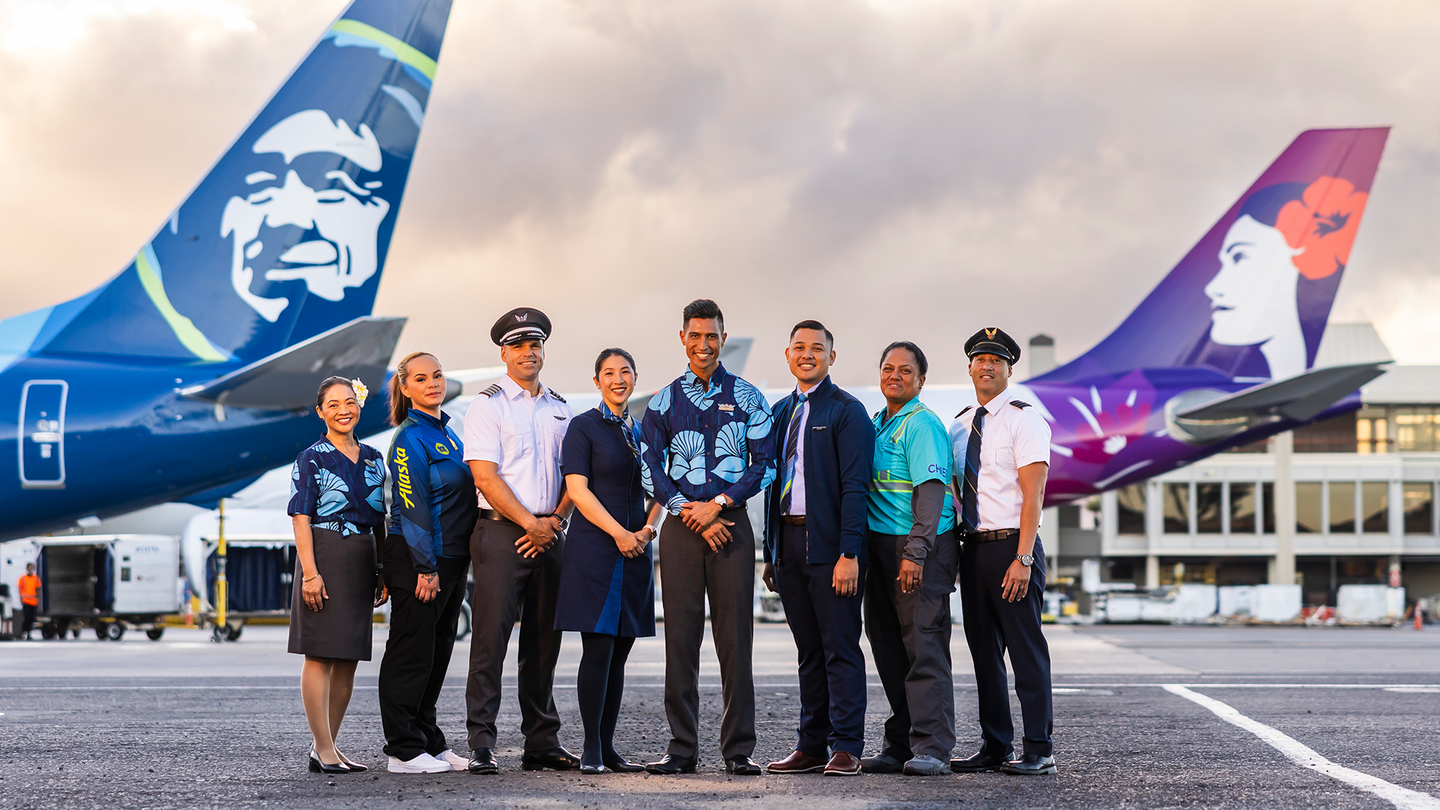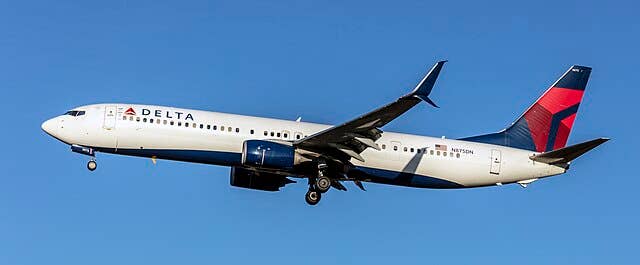Aviation Groups Call For Regulatory Changes To Support SAF
A coalition of aviation companies and organizations is calling for regulatory changes aimed at supporting wide-scale commercialization of sustainable aviation fuel (SAF). In a letter (PDF) to National Climate Advisor…

Image: United Airlines
A coalition of aviation companies and organizations is calling for regulatory changes aimed at supporting wide-scale commercialization of sustainable aviation fuel (SAF). In a letter (PDF) to National Climate Advisor Gina McCarthy, the coalition asked for five “fixes” to the Renewable Fuel Standard (RFS) annual rule. The suggested changes include allowing SAF feedstock to be processed at more than two facilities, allowing biointermediate feedstock—defined as feedstocks that have been partially converted at one facility but sent to a separate facility for final processing—to be sold to more than one refinery, updating the definition of “biocrude,” allowing for commingling of biointermediates, and authorizing the use of pipeline biogas for SAF.
“Today, the aviation industry stands united in calling for sound regulatory and legislative policies that will foster increased production of SAF—a cleaner, more sustainable, drop-in fuel that is crucial to meeting our industry’s goal of net-zero carbon emissions by 2050,” said Karen Huggard, National Air Transportation Association (NATA) managing director of legislative affairs and industry relations. “The broad range of stakeholders who came together on this letter demonstrates the importance of SAF to all sectors of aviation, as well as the necessity of removing regulatory roadblocks that stand in the way of increased production.”
The letter also asked for additional participation by the Environmental Protection Agency (EPA) in the SAF Grand Challenge. The SAF Grand Challenge was introduced by the White House last September with the goal of increasing the U.S.’s domestic SAF production from its current rate of 4.5 million gallons a year to 3 billion gallons annually by 2030. Among the letter’s 42 signatories were Boeing, GE Aviation, the General Aviation Manufacturers Association (GAMA), Gulfstream, Helicopter Association International (HAI), Honeywell, the National Business Aviation Association (NBAA), NATA, Rolls Royce, Shell Aviation and United Airlines.






